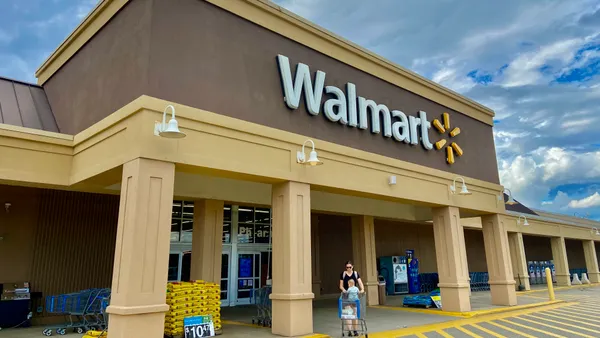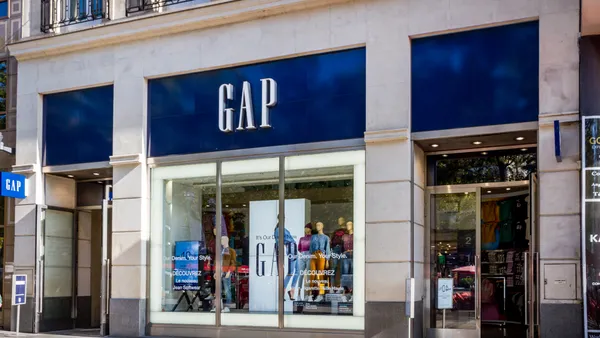Dive Brief:
- Nearly 39% of consumers return an item purchased online “at least” once a month, according to a recent Narvar survey of over 1,900 consumers.
- On average, customer returns cost companies between $25 and $30 per return due to shipping, customer support calls, product damage and other expenses, the report found.
- Fifty-two percent of survey respondents said they had submitted a fake return at least once in their lifetime, up from 36% who said the same last year.
Dive Insight:
Signaling the rise of online shopping, 87% of shoppers make at least half of their purchases online, according to Narvar’s findings. Forty-six percent of survey respondents said they shop online at least once a week or more.
With online spending comes returns. Last year, total merchandise returns amounted to $743 billion, according to research by the National Retail Federation.
“The returns process is often overlooked, but it holds incredible potential for driving customer loyalty and lifetime value,” Amit Sharma, CEO of Narvar, said in a statement. “As our research shows, retailers who invest in optimizing their returns experience can transform this traditionally costly and burdensome process into a significant growth opportunity.”
Sixty percent of consumers are open to exchanges or store credit instead of full refunds “if the process is quick and convenient,” according to Narvar’s findings.
The report offers some insights into consumers’ return habits across demographics. While 62% of men prefer to receive immediate store credit without a fee in exchange for their returns, half of women are willing to wait five to seven business days for credit card refunds with no fee, the report said.
Other research suggests that consumers choose where to shop based on a retailer’s available return options. According to an ICSC report released earlier this year, 82% of shoppers decide where to buy based on retailers’ return policies. The ICSC also found that nearly 8 in 10 consumers prefer to return their items in brick-and-mortar stores.
Figuring out the returns process will be critical for retailers as online shopping is predicted to rise in the U.S. In its report released last month, FTI Consulting predicts that U.S. online retail sales will grow 9.8% to $1.2 trillion this year.
With the rise in online shopping, some major retailers are beginning to change their return policies. This month, Amazon introduced a program to let sellers using its fulfillment services provide customer refunds without returning their purchases. However, dangerous goods, heavy and bulky products, and items with an average sales price of $75 or more and are excluded from Amazon’s new policy.













